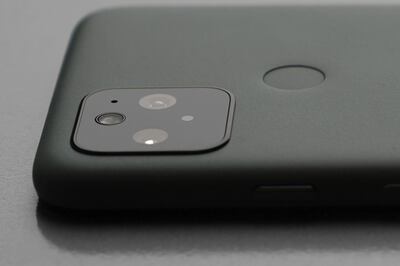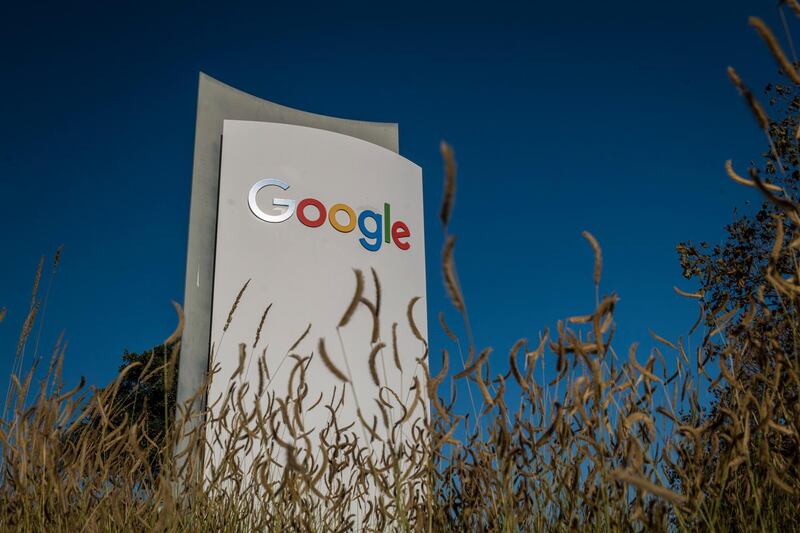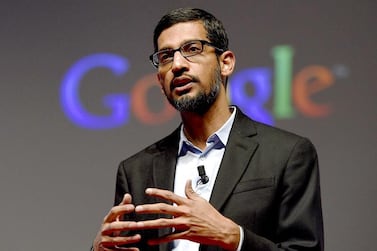Google said all of its new Pixel phone and Nest smart home products are now manufactured with recycled material, a goal it has achieved at least two years ahead of target.
Last year, the Alphabet-owned company announced that all of its products would include recycled materials by 2022.
“Focus on incorporating recycled materials in our hardware design not only supports our sustainability commitments … but also enables our supply chain partners to confidently invest in and develop these types of materials so that the wider consumer electronics industry can use them too,” David Bourne, Google’s sustainability systems architect, said.
The back cover of the recently launched Pixel 5 is made with 100 per cent recycled aluminium. This not only eliminates the use of mined aluminium and reduces waste, it also lowers the carbon footprint of manufacturing the product by up to 35 per cent, Google said.
The Nest Audio speaker has 70 per cent recycled plastic across its enclosure parts and is covered in sustainable fabric, it added.
Google is expected to include recycled material into more products in the coming months. This does not mean that the products will be made completely from recycled material but will use them in some proportion.
The company manufactures Pixel smartphones, Pixelbooks, home speakers, Nest devices and accessories like phone cases and charging stands. It has pledged to use recycled or renewable material in at least 50 per cent of all plastic across its hardware products within the next five years.
“This raises the bar well beyond industry standards,” Mr Bourne said. “We are now even more confident that recycling plastic waste and preventing it from polluting the environment is an achievable goal.”
The company is also aiming to have its entire product packaging plastic-free and recyclable by 2025.
“We have already made a reduction in plastic use in our packaging since 2016, but we have a lot of hard work ahead in order to meet this new goal,” said Mr Bourne.
“We have invested in integrating sustainability into our products, operations and communities … our new commitments are the next step and we plan on pushing ourselves and the industry forward even more in the coming months and years,” he added.

Google said it is working to achieve zero waste to landfill certification at all of its final assembly manufacturing sites in the next two years. This certification means that the vast majority of waste from those operations will be recycled.
“While it’s critical for the materials that go into a product to be sustainable, what happens to the waste material created in a product’s manufacturing process is equally important,” Mr Bourne said.
Google was one of the first major companies to become carbon-neutral in 2007. Last month, it announced to run all of its campuses and data centres on carbon-free energy by 2030.
This transformation will create more than 20,000 new jobs in clean energy and associated industries over the next five year, it said.








